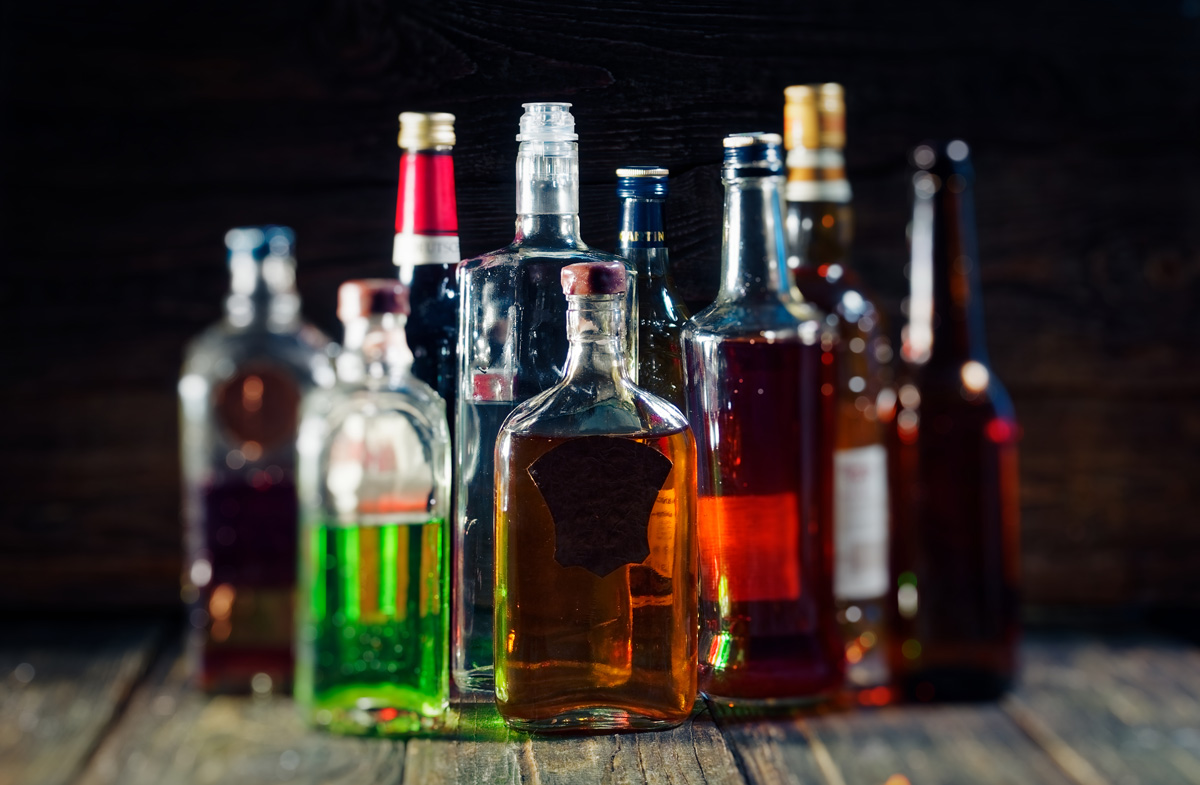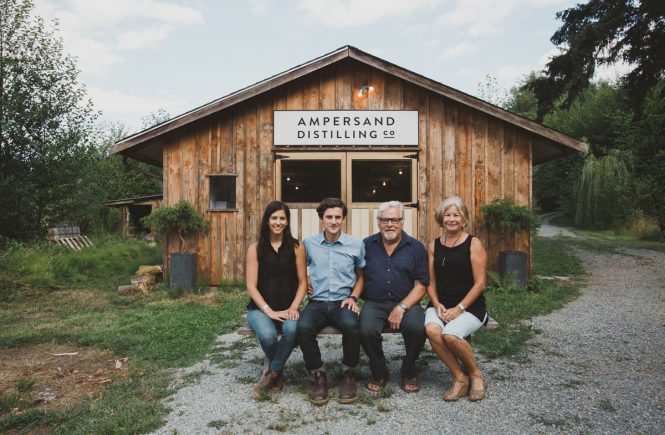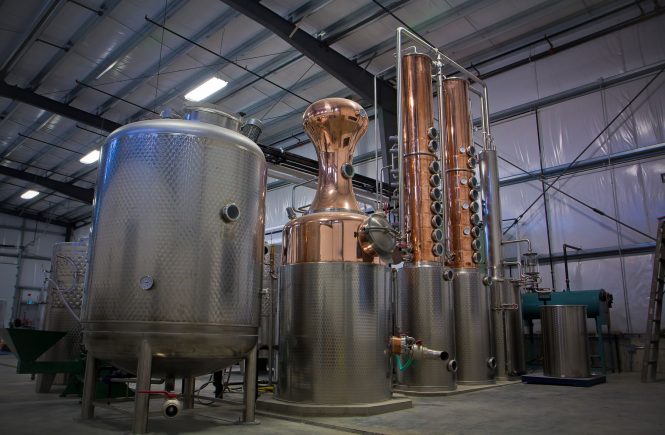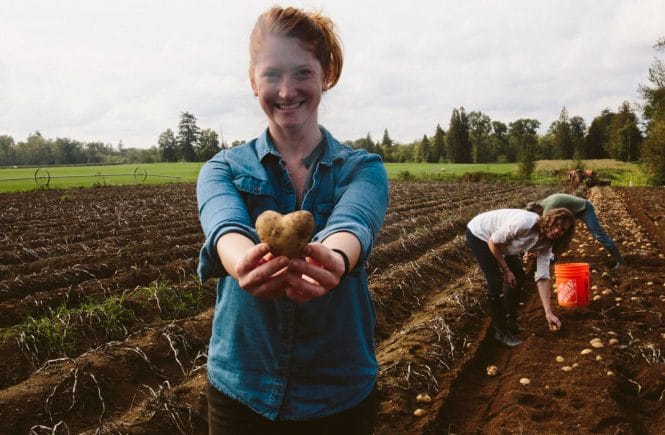Move is in stark contrast to Ontario becoming more restrictive on interprovincial e-commerce shipments of alcohol into the province

British Columbians can now visit another Canadian province and bring back to B.C. an unlimited amount of alcohol, the B.C. government said in a July 19 news release.
The move also applies to people from other provinces who visit B.C.
The government said that the new policy took effect July 8, and it is in tandem with actions taken by other provincial governments. Saskatchewan and Nova Scotia recently eliminated personal exemption limits and Prince Edward Island is committed toward implementation, according to the B.C. government.
The new policy does not apply to e-commerce shipments.
Previously, the B.C. government limited residents to bring in no more than three litres of spirits, nine litres of wine and 25.6 litres of beer, cider and coolers. There was no limit on wine purchased from a Canadian winery and made from 100% Canadian product.
The change may result in increased sales for local producers to out-of-province visitors.
“For too long, British Columbians faced restrictions when bringing wine, beer and spirits from other provinces back to B.C.,” said Bruce Ralston, Minister of Jobs, Trade and Technology. “This policy is consistent with the direction from the Council of Federation meeting in Saskatoon last week, where Canada’s premiers committed to reduce limits on transporting alcohol across our borders.”
The policy change comes weeks after the Ontario government enacted a new regulation that makes it illegal for out-of-province alcohol sellers to ship products directly to Ontario consumers.
B.C. continues to allow B.C. residents to order some alcohol products online from out of province sellers as long as the amounts conform to the previous personal exemption limit.
“It’s going to be hard for the average person to understand why they can go and pick it up in person but they can’t go to an Alberta store’s website and order,” said Dentons partner Shea Coulson, who specializes in wine law and has represented B.C. wineries in challenges to interprovincial-trade barriers at the Supreme Court of Canada.
“This will start that discussion probably. We know why. The government wants to protect its revenues but that distinction is problematic. Like, what’s the difference between physically going somewhere to pick it up yourself compared to having someone do it for you? I don’t see the difference.”
Coulson said that reselling alcohol to friends would still be illegal but that it would likely be fully legal for someone to provide money to a friend so that the friend could buy the alcohol in the other province for the first person.
“You could be an agent for them,” he said. “‘Go pick some stuff up for me’… I don’t see how that is different – as long as you’re not making money off it.”
—By Glen Korstrom, Business in Vancouver
gkorstrom@biv.com
@GlenKorstrom




